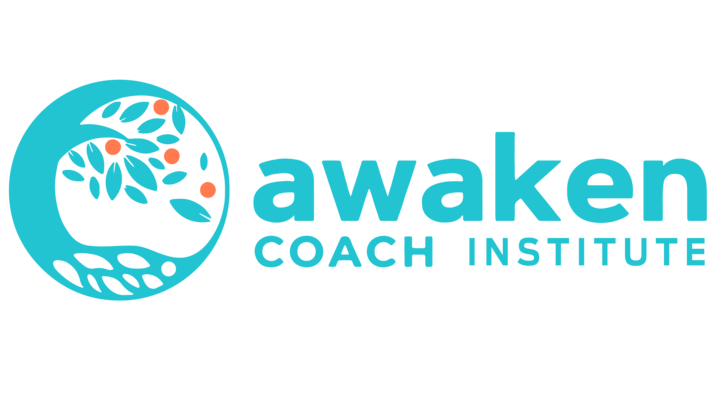Oops - conflict

When I think of conflict, I feel my stomach tighten and I see images and hear sounds of heated arguments. It doesn't feel good.
That's probably because a lot of the time, we don't fight very well.
The Destructive Path of Conflict
When conflict is hurtful, it's because it usually includes these traits:
- Personal Attacks: Instead of focusing on what needs to change, people start attacking other's characters, using blame and shame to dominate.
- Lack of Empathy: we stop getting curious to understand each other's perspectives, and hole up in our own perspectives.
- Communication Breakdown: Listening stops, leading to further misunderstandings.
- Dwelling on the Past: We fixate on past grievances and turn the current disagreement into a perceived trend. (You always, you never...)
Then what happens?
- The environment hurts! Negativity and tension create a toxic environment that hinders people's ability to move forward and make progress.
- People leave: And rightfully so! No one can withstand highly stressful spaces for long - so relationship instability ensues.
- Damaged Relationships: trust and respect take a long time to rebuild.
But what if we saw it differently? When handled well, conflict can be a beautiful part of connection.
Peter Block, in his book Community, emphasizes that one of the pillars of community building is to invite dissent. That woke me up, and it's one of the principles on which we've founded the Awaken Coaches Community.
We want every member to know that it's more than OK to own our stories, express our thoughts and feelings using "I statements", and make repairs early and often.
Good Conflict: Fuel for Innovation
Healthy conflict involves respectful disagreements that spark creativity and critical thinking. Here’s why it works:
- Focus on Issues, not Insults: The debate is about ideas and strategies, avoiding personal attacks. Clear, honest communication is key - and that can feel vulnerable!
- Active Listening: Everyone listens to understand different perspectives, fostering empathy and finding common ground.
- Diversity of Thought: Disagreements bring varied viewpoints, leading to innovative solutions. This process builds on each other’s ideas rather than tearing them down.
- Stronger Teams: Constructive conflict strengthens trust, respect, and shared purpose, turning disagreements into bonding experiences.
The Upside of Healthy Conflict
I feel so grateful that inviting dissent is baked into our way of being at Awaken. Everyone is expected to speak up and own how they're experiencing things, so we all know how one another is doing. We see:
- Easier Changes: People feel like they can say what they like and don't like, what they want and don't want. Usually, that means that we challenge the status quo and can make changes. Don't like something? Speak up! And do it differently.
- Better Decision-Making: I know I can count on my team to let me know when I'm off course. Considering multiple viewpoints results in well-informed choices that withstand scrutiny.
- A Highly Engaged Culture: When people feel safe expressing their views, they’re more invested in the team’s success.
- Continuous Learning: Disagreements expose us to different experiences and knowledge, broadening our understanding.
Embracing Conflict as an Ally
Healthy conflict should not be avoided. It's a natural part of collaboration and a catalyst for positive change.
By fostering respectful communication, active listening, and a focus on solutions, we can transform disagreement into a powerful tool for growth, innovation, and success.
As Peter Block suggests, inviting dissent is crucial for community building. So, the next time conflict arises, don’t shy away. Instead, see it as an opportunity to learn, grow, and strengthen your team.

0 comments
Leave a comment
Please log in or register to post a comment